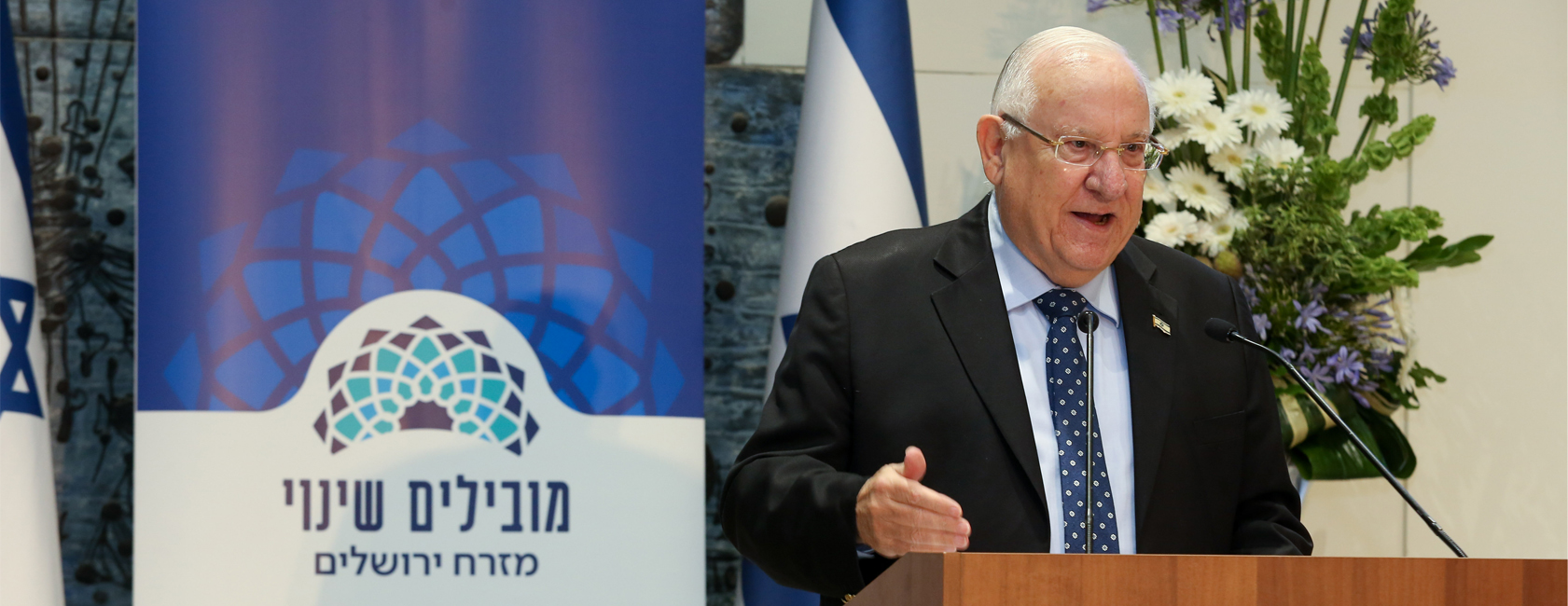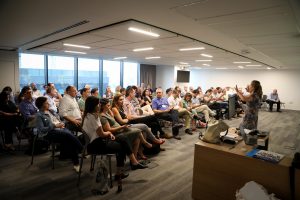The Need: The poor socioeconomic conditions endured by East Jerusalem’s Arab residents contrast sharply to those of West Jerusalem’s Jewish population. Not only is this an economic burden on the state and a danger to its security, the failure to provide basic services for 350,000 residents living under the city and the State of Israel’s jurisdiction is also a pressing humanitarian issue. Acknowledgement for the need to reduce gaps and provide basic services to East Jerusalem was promising but how to go about this colossal task was by no means clear.
The Answer: Joint Elka established the Leading Change Taskforce, in partnership with the Ministry of Jerusalem and Heritage, as a space for government and municipal stakeholders to come together – many for the first time – to understand East Jerusalem, hear each other’s perspectives and to stimulate a coordinated effort for leading change. The result was a slew of pilot projects in East Jerusalem and a groundbreaking Government allocation of NIS 2.1 billion for infrastructure, education, employment and economic development in East Jerusalem.
Joint ELKA Tackling Systemic Change: The Leading Change Taskforce is an example of how Joint Elka promotes systemic change through its taskforce methodology, which brings diverse parties together to analyze a problem, identify its core causes and brainstorm appropriate action in response. Taskforces examine complex issues through a multidisciplinary lens, in a way that government’s segmented structure does not allow. In the case of East Jerusalem this process succeeded in changing mindsets, paving the way for a major government investment.




